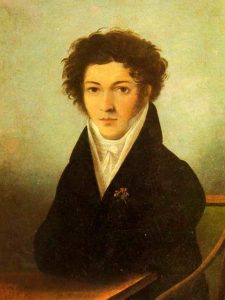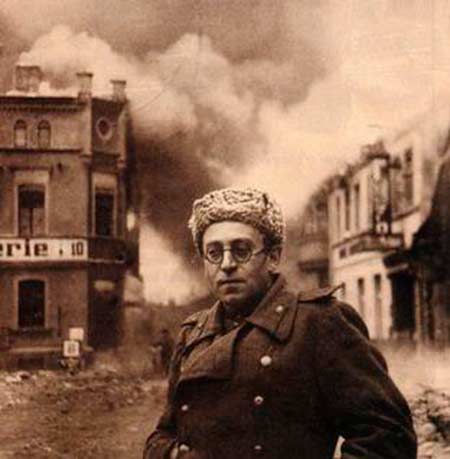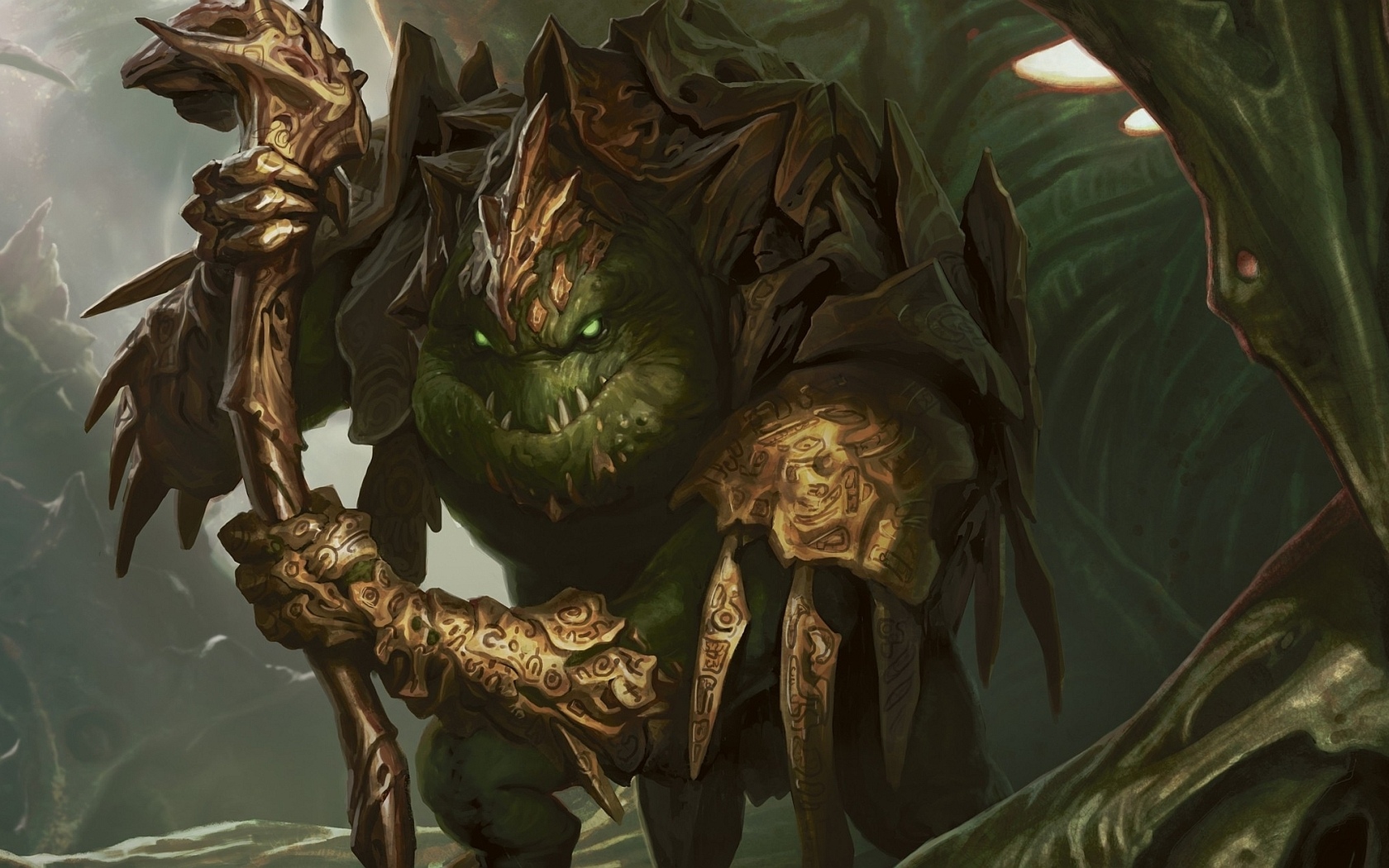Two crosses of Konstantin Batiushkov
 This year marks the 230th anniversary of the birth of Konstantin Nikolaevich Batyushkov (1787–1855) and the 200th anniversary of the release of his only book, the two-volume book Experiments in Verse and Prose (1817). An outstanding personality – bright, heroic and tragic – the Russian poet Konstantin Batiushkov occupied a special place in the history of Russian literature. Pushkin considered him one of his teachers in poetry, recognized the works of Batiushkov as a poetic miracle and in this sense called him a “wonderworker”.
This year marks the 230th anniversary of the birth of Konstantin Nikolaevich Batyushkov (1787–1855) and the 200th anniversary of the release of his only book, the two-volume book Experiments in Verse and Prose (1817). An outstanding personality – bright, heroic and tragic – the Russian poet Konstantin Batiushkov occupied a special place in the history of Russian literature. Pushkin considered him one of his teachers in poetry, recognized the works of Batiushkov as a poetic miracle and in this sense called him a “wonderworker”.
A deep connoisseur and connoisseur of antiquity, Batiushkov organically assimilated the achievements of ancient culture, making them “his treasure.” This “treasure” was embodied in the poetics of his poems as “the charming luxury of literature.” It seems that all the ancient gods and goddesses and all the mythological creatures accompanying them, heroes of legendary history and ancient authors gathered in the lyrics of Batiushkov.
Antiquity received a new life not only in the writings, but also in the very fate and personality of the poet. In the literary society “Arzamas”, which included Pushkin, Zhukovsky, Vyazemsky, Voeikov, Pleshcheyev and others, Batyushkov was named Achilles. His literary friends called him so seriously for their commitment to antiquity, and as a joke for his short stature and frail physique (“Ah, hell!”).
However, Konstantin Batyushkov and without a hint of irony can be likened to the legendary ancient Greek warrior Achilles, sung by Homer. The Russian poet of the beginning of the XIX century also accomplished his great feats – “feats of creative imagination”, which required “the greatest tension of spiritual forces” [1]. “Little Batyushkov, a giant by talent …”, – V.A. Zhukovsky in the poem “Areopagu.”
At the same time, the miniature “Achilles” -Batyushkov was not only a poet, but also a warrior – not in the metaphorical, but in the literal sense. In addition to creative, he made feats of war.
The character is strong, courageous, strong-willed, manifested in a fragile youth when he was almost twenty years old in March 1807 – despite his father’s prohibitions – volunteered for the war with Napoleonic France, opposed by Russia in coalition with Prussia and Great Britain.
On May 29, 1807, a 20-year-old Batyushkov was wounded in East Prussia near Heilsberg in a bloody battle that claimed thousands of lives. He “carried the half-dead out of a pile of killed and wounded comrades” and was sent for treatment in Riga. “Dear friend! I am alive, – Batyushkov wrote to his friend N.I. Gnedich. – How – God knows. <…> I am in Riga. What could endure, lying on a cart, that and I can not understand. Our battalion suffered greatly. All officers injured, one killed. The shooters were remarkably brave, even to the point of frenzy. ”
A year later, the brave young officer was back in the ranks. He became a member of battles in the Russian-Swedish war of 1808–1809. As a reward for his bravery, Batiushkov received the Order of St. Anne of the 3rd degree.
In 1810 he retired. However, the retired officer did not stay long. The Patriotic War of 1812 called upon the poet-warrior to stand up for his native land and the Orthodox faith: “Now it is a shame to sit over a book; I do not accustomed to war. Yes, it seems, the duty orders us, young people, to defend the Fatherland and the sovereign, ”he wrote to Vyazemsky on July 1, 1812.
On March 29, 1813, Konstantin Batiushkov was recruited as a captain in the Rylsky Infantry Regiment, and became a participant in the foreign campaigns of the Russian army of 1813–1814. In October 1813, he wrote to Gnedych about his military awards – two crosses: “I am presented to Anna for the last things and to Vladimir – for the first … Send me the Annensky Cross, good work and good gold, with a ribbon, of small size … Also buy Vladimirsky a cross: I am presented to him for the Greenhouses … You will not find it here, and it is embarrassing not to wear crosses under the general. Do not forget the St. George ribbons for the medal. ” The poet deserved his crosses with his own blood: “What about an officer without ambition? Do you not like crosses? – go resign! And do not laugh at those who buy their blood! ”
For courage in the “Battle of the Nations” at Leipzig – one of the main battles with Napoleon – Batiushkov was awarded the Order of St. Anne of the 2nd degree. Being the adjutant of General Rajewski, the Russian “Achilles” went through a victorious military journey to Paris, and then through England, Sweden and Finland returned to the Russian capital.
“Courage without faith is worthless,” repeated the words of Chateaubriand Batyushkov. He was convinced that Christ the Savior saved the Russian land; the Orthodox faith, trust in God’s intercession helped defeat the enemy: “with horror and sorrow, we gazed at the successes of the unholy legions, at Moscow, smoking in its ruins; but we did not lose hope in God, and the incense of diligence was not smoked in vain in the censer of faith, and tears and supplications were not in vain shed before Heaven: we triumphed. The turnover is unique, unparalleled in the annals of the world!



